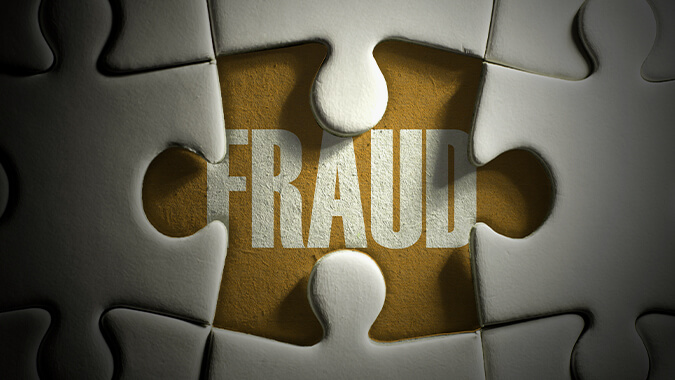When Do You Need a Valuation?
- Published
- Sep 19, 2016
- Share
During the course of the business “life cycle,” there are many instances when companies need help in determining the value of their businesses, ownership interests and intangible assets. Businesses need valuation support for a number of purposes, including transaction support, litigation, IRS compliance and financial reporting, among other situations. Qualified appraisers can provide answers to questions such as “What drives value?” and “What factors should be considered in the valuation of a business?”
Transaction Support
If a private equity group considered investing in a mature business founded and operated by family members, a valuation would be needed. Some considerations in determining the value would include: the type of business model, growth potential (organic or acquisition), profitability and cash flows. The management team is an important element of continued success. Having the right people and a solid infrastructure is key to maintaining clients. Full or partial sale of a business interest can present considerations for the seller particularly in an owner operated business. Outside investors also present new “partnering” challenges.
These same valuation tools are used to resolve disputes related to shareholder or partnership disputes, estate and gift litigation, and divorce litigation. Often litigation matters have complex issues involving valuation of an ownership interest.
Litigation:
If a 25% shareholder sought to sell his ownership interest because he is disgruntled with the majority shareholder, valuation would again play an important role. Many issues are involved in assessing the value of his/her ownership interest. To properly determine the value of his interest and any other moneys owed to him/her, the analysis must include a review of compensation of the owners and perquisites, an analysis of dividends/distributions paid to shareholders, whether or not discounts for lack of control and lack of marketability are appropriate and, if so, how much. Additional considerations may include whether there are damages as a result of the majority shareholder’s actions.
IRS Compliance:
Compliance with the IRS, particularly when it comes to gifting and succession planning, is crucial, and it is important that valuations meet their guidelines. The Pension Protection Act of 2006 defined “qualified” appraisal reports and set forth criteria that must be met to be acceptable to the IRS.
Let’s suppose you or your client would like to gift an ownership interest in his/her business to the next generation. Several considerations would need to be examined: a plan for succession and the transition of key management members, retention of customer/client relationships, longevity, consideration of certain issues such as minority versus control, marketability versus lack of marketability. The appraiser will need to understand the history of the business, the economic and industry trends, the earnings trends of the subject business, appropriate methodology for valuing a business in that particular industry, ability to compete current employees/managers and outside competition and benchmarking against industry peers. Finally, based on the degree of ownership interest, consideration must be given to various discounts and issues including key man and non-competition agreements, built in capital gains, minority versus majority ownership and marketability of the block of interest being valued. When challenged by the IRS, our valuation and tax team will meet and defend the valuation on the client’s behalf. We also provide testimony at trial if a settlement cannot be reached.
Valuations are often called for to establish fair market value of a company. Appraisers must be experienced with fair value measurements and have deep knowledge of the Accounting Standards Codification (ASC) with respect to the valuation parameters for financial reporting.
Financial Reporting:
If you have, or your client has, just completed an acquisition, you will need audited financial statements for bank financing. Generally Accepted Accounting Principles (GAAP) requires that the individual tangible and intangible assets acquired be valued at fair value. The intangible assets acquired will need to be identified and valued according to generally accepted accounting principles. Appropriate methodologies are applied to value customer relationships, technology, trade names, patents or other identified intangible assets. Our valuation specialist will interact with the financial statement auditors to be sure that there is an understanding in theory and the appropriate deliverable is defined.
Whether it is a question of transitioning a family owned business to new leadership, dealing with complex capital structures of private equity investors, or defending value in a litigation matter, hiring an accredited appraiser will benefit your pending transaction.
EisnerAmper offers a team of certified valuation analysts and appraisers offering a wide range of appraisal skills to meet the needs of clients ranging from Fortune 500 companies to closely-held businesses and individuals.
Contact EisnerAmper
If you have any questions, we'd like to hear from you.
Receive the latest business insights, analysis, and perspectives from EisnerAmper professionals.










